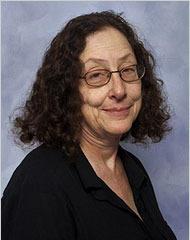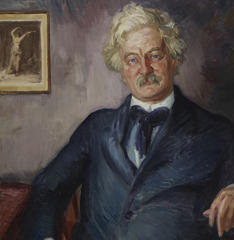Ralph Waldo Emerson Quotes - Page 151
Ralph Waldo Emerson (1983). “Essays and Lectures”, p.1081, Library of America
Are you not scared by seeing that the gypsies are more attractive to us than the apostles?
Ralph Waldo Emerson (1971). “The Collected Works of Ralph Waldo Emerson: Society and solitude”, p.245, Harvard University Press
Ralph Waldo Emerson (1851). “Essays, lectures and orations”, p.239
Ralph Waldo Emerson (2013). “Delphi Complete Works of Ralph Waldo Emerson (Illustrated)”, p.1490, Delphi Classics
Essays "Friendship" (1841)
Ralph Waldo Emerson (2004). “A Dream Too Wild: Emerson Meditations for Every Day of the Year”, Unitarian Universalist Association of Congregations
Ralph Waldo Emerson (1983). “Essays and Lectures”, p.294, Library of America
It is very unhappy, but too late to be helped, the discovery we have made, that we exist
Ralph Waldo Emerson, Ronald A. Bosco, Joel Myerson (2015). “Ralph Waldo Emerson”, p.240, Harvard University Press
Ralph Waldo Emerson (1983). “Essays and Lectures”, p.1092, Library of America
Ralph Waldo Emerson, Joel Porte (1982). “Emerson in His Journals”, p.457, Harvard University Press
Ralph Waldo Emerson (1983). “Essays and Lectures”, p.487, Library of America
Ralph Waldo Emerson (1866). “The Complete Works of Ralph Waldo Emerson: Comprising His Essays, Lectures, Poems, and Orations”, p.413
Ralph Waldo Emerson, Edward Waldo Emerson, Waldo Emerson Forbes (1910). “Journals of Ralph Waldo Emerson, 1820-1872 [1876] Ed”
Ralph Waldo Emerson (1872). “Representative men. English traits. Conduct of life”, p.456
Ralph Waldo Emerson, Albert J. Von Frank (1989). “The Complete Sermons of Ralph Waldo Emerson”, p.80, University of Missouri Press
'Tis a superstition to insist on a special diet. All is made at last of the same chemical atoms.
Ralph Waldo Emerson (1860). “The Conduct of Life”, p.135
Ralph Waldo Emerson (1870). “The Complete Works of Ralph Waldo Emerson”, p.339, Рипол Классик
Ralph Waldo Emerson (2015). “Poems”, p.275, The Floating Press
The interminable forests should become graceful parks, for use and delight.
Ralph Waldo Emerson (1848). “Essays, Orations and Lectures”







